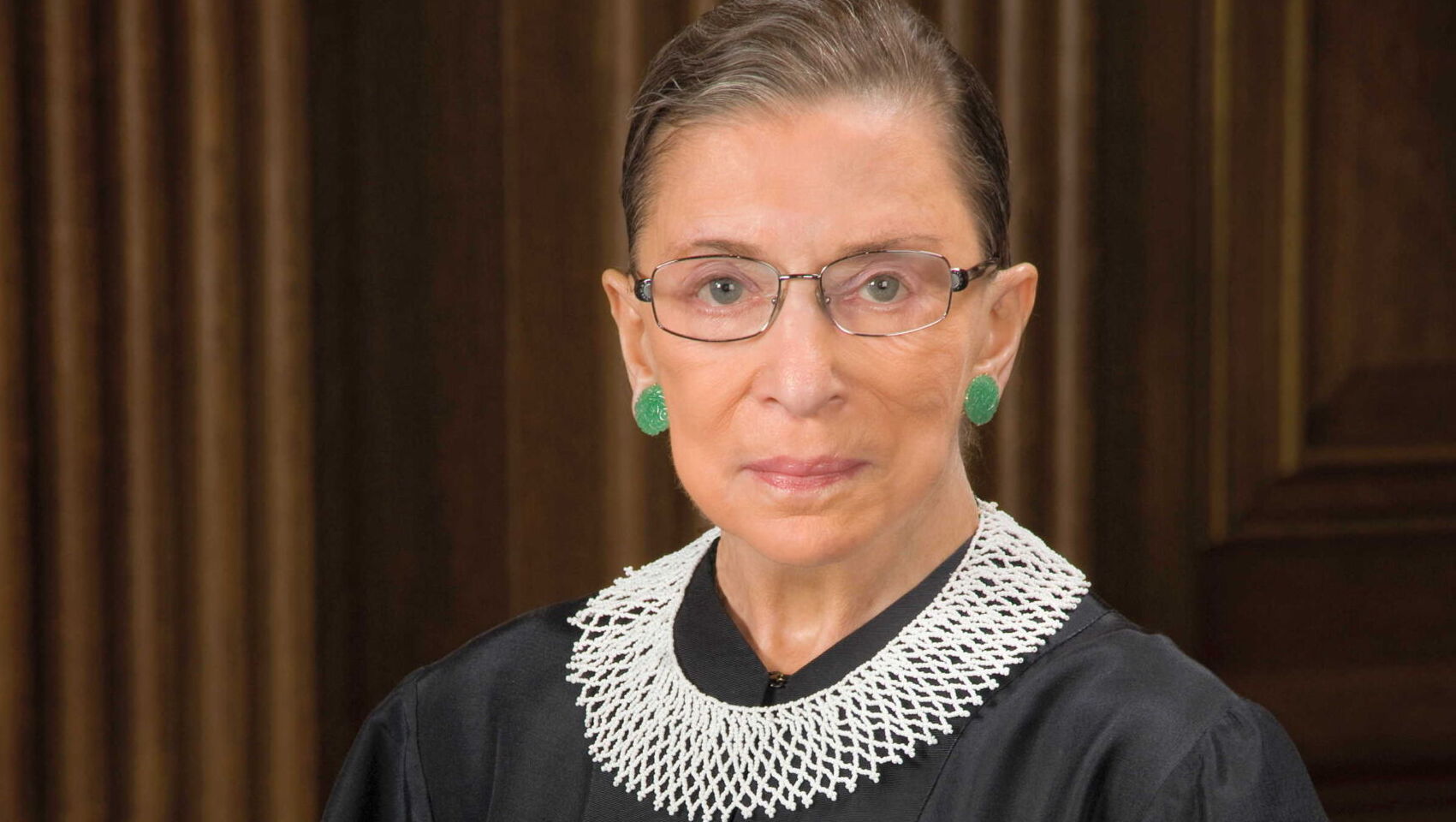
A palpable sense of loss overcame me upon hearing of Justice Ruth Bader Ginsburg’s (RBG) passing last Friday, September 18.
Like many others, I turned to the internet to get confirmation, and was struck by the outpouring of posts about her. This made my sense of loss even more palpable. It’s like what one feels, upon entering a church for a memorial service.
Only this time, it is not confined in a church; it is community-wide, even nationwide. RBG was a beacon of hope to the many that she fought for or liberated from inequitable laws and policies. She was a guardian, vigilant against efforts by the government to “abridge” civil liberties.
Many say that RBG’s death is a devastating loss for feminists. She did champion women’s rights, but it would be more accurate to say that she was against all forms of discrimination based on gender, sexual preferences, or race. It is largely through RBG’s meticulous, conscientious, and persistent efforts, especially during her time with ACLU’s Women’s Rights Project (which she co-founded) that the Supreme Court came to seriously see the 14th Amendment’s guarantee of equal protection as an assurance of even-handedness in the application of laws, and that gender-based distinctions in laws and policies should be subject to “intermediate scrutiny.” This rule requiring intermediate scrutiny for policies and laws turning on gender distinctions is just a cut below “strict scrutiny” which is reserved for laws that infringe upon our most basic fundamental rights involving a suspect class of people (race, national origin, religion or alienage).
This radically changed the Court’s attitude when reviewing policies and laws involving gender distinctions. It opened the space where women could stand, co-equal with men in professions hitherto dominated by men.
RBG felt that the way to achieve real gender equity (as told in the biopic “On the Basis of Sex”) is to target specific discriminatory laws in order to demonstrate that gender discrimination, sometimes benignly adopted to favor or protect women, was harmful to both men and women.
In many cases, RBG’s plaintiffs were men. She challenged the military regulation that denied husbands of women in the military some benefits to which wives of male soldiers were entitled, on the assumption that a man was not likely to be the dependent spouse (Frontiero v. Richardson, 411 U.S. 677, 1973). She challenged a Social Security provision that assumed wives were secondary breadwinners whose incomes were unimportant to the family and therefore deprived widowers of survivor benefits (Weinberger v. Wiesenfeld, 420 U.S. 636, 1975). Stephen Wiesenfeld’s wife, Paula, had died in childbirth, and he sought the benefits so he could stay home and raise their child, Jason.
In her quest for equity and inclusion for women and minorities, RBG worked tirelessly for the strictest interpretation of the constitution’s equal protection clause (14th Amendment), challenging presumptions of difference that may ultimately be a hindrance to an individual’s rising to their potential. For me, her most enduring legacy, lies in the changed perspective and the stricter interpretation of the prohibitions enshrined in the 14th Amendment, commonly referred to as the “Equal Protection Clause,” which explicitly forbids government “to make or enforce any law which shall abridge the privileges or immunities of citizens of the United States…nor deny to any person within its jurisdiction the equal protection of the laws (emphasis added)”
For RBG, disparate treatment, however benign it may appear to be, could ultimately hinder an individual’s development to their full potential. This is clearly illustrated in the ruling which RBG wrote for The Court’s 7 to 1 majority decision in United States v. Virginia, 518 U.S. 515, (1996), involving the Virginia Military Institute, a state-funded military college. The Supreme Court found the all-male admissions policy of a state-supported military college unconstitutional.
To avoid a charge of disparate treatment, the state of Virginia had set up an alternative military college for women. In the majority opinion that she wrote, RBG notes that the state had failed to provide “the exceedingly persuasive justification” that the Constitution requires for treating men and women differently. “Women seeking and fit for a V.M.I.-quality education cannot be offered anything less under the state’s obligation to afford them genuinely equal protection.”
Any disparate treatment she argued, must not “create or perpetuate the legal, social, and economic inferiority of women.” While RBG admits that there are “inherent differences” between men and women, the laws based on gender under the guise of “protection” are not a legitimate cause “for denigration of the members of either sex or for artificial constraints on an individual’s opportunity.”
RBG is the mother that watches over us —women, men, people of color, minority communities — vigilant against arbitrary distinctions or outdated social mores and wishing that we are able to rise to our full potential. Now she has now joined the ages. I need a hug. RBG, thank you. May her memory be a blessing.
Enrique de la Cruz is Professor Emeritus of Asian American Studies at Cal State University, Northridge.






